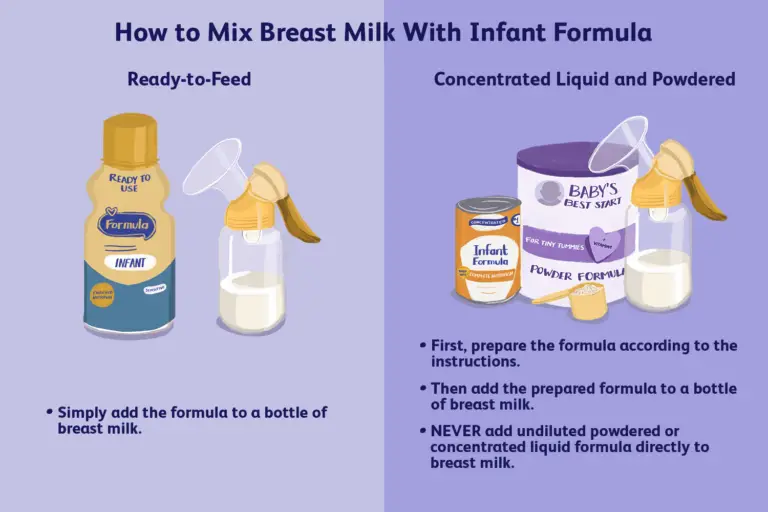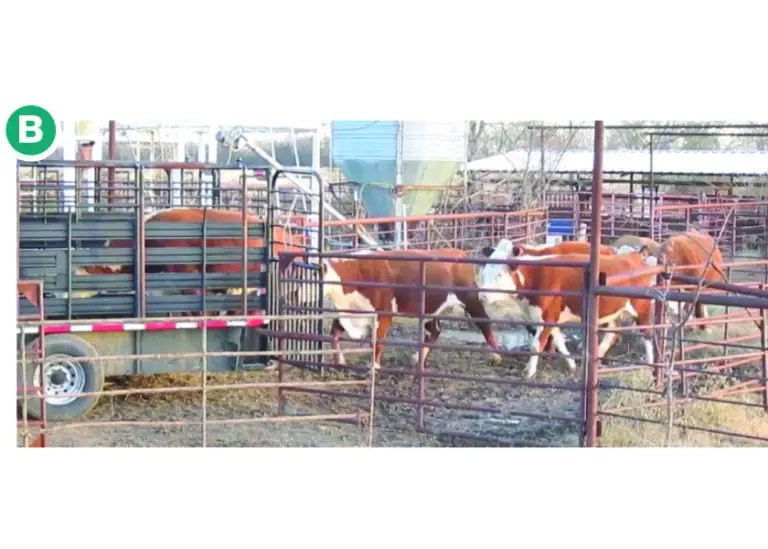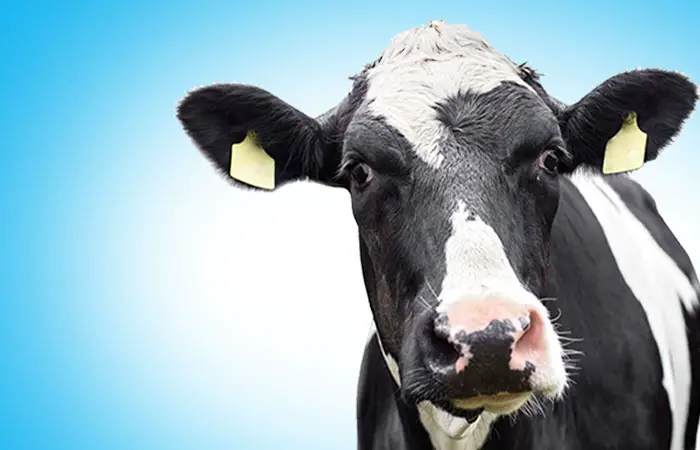How Often Do Cattle Need to Be Vaccinated? Veterinary Experts Answer.
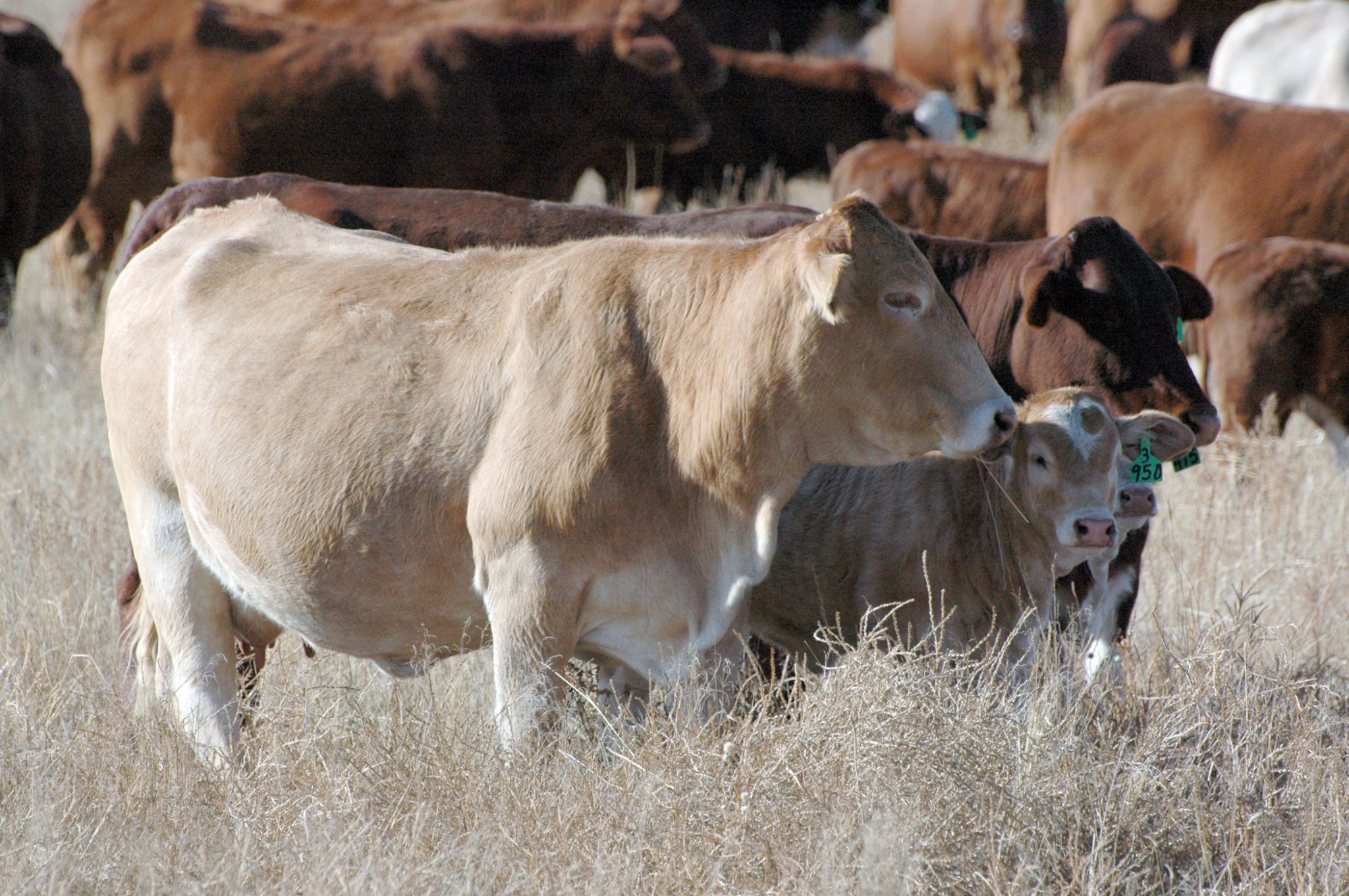
Cattle should be vaccinated annually to protect against diseases and ensure herd health. The frequency of vaccination is determined by the risk of exposure and disease prevalence.
Vaccination is essential for cattle producers to safeguard their herds and prevent outbreaks. It is recommended to administer core vaccines annually, with additional vaccines used in high-risk situations. Understanding the importance of vaccination protocols and selecting the appropriate vaccines based on exposure risk is crucial for maintaining the health and productivity of cattle.
By following a proper vaccination schedule, producers can minimize the impact of diseases and promote the overall well-being of their livestock.
Importance Of Vaccinating Cattle
Vaccinating cattle is crucial for maintaining their health and well-being. By administering vaccines, cattle can develop immunity against various diseases, reducing the risk of illness and potential economic losses for farmers.
The benefits of vaccination include:
- Preventing the spread of infectious diseases within the herd
- Protecting cattle from potentially fatal illnesses
- Enhancing overall herd health and productivity
Factors influencing vaccination frequency: The decision on how often to vaccinate cattle depends on several factors such as the prevalence of diseases in the region, the age and reproductive status of the cattle, and the specific vaccine’s duration of immunity. Farmers should consult with veterinarians to determine the most suitable vaccination schedule for their herd.
Recommended Vaccination Protocols
Vaccines for cattle herds are crucial for disease prevention and herd health. Core vaccines, such as for Clostridial diseases and respiratory diseases, are essential for every herd. These should be administered annually to maintain immunity. In high-risk situations, specific vaccines may be necessary, such as for diseases like leptospirosis or bovine viral diarrhea. The choice of vaccines depends on the risk of exposure, disease prevalence, and cost of the disease. It is recommended to vaccinate replacement heifers twice, about six and three weeks before calving, to protect calves from scours. Mature cows and bulls can be vaccinated twice a year for effective protection. Vaccines play a vital role in providing added insurance for cattle producers to safeguard their herds from a range of diseases.
Frequency Of Vaccination
Cattle vaccination is an important aspect of herd health. The annual vaccination schedule is commonly followed to protect cattle from various diseases. However, in some situations, twice-a-year vaccination may be necessary based on specific risk factors and exposure. Vaccines are chosen based on the risk of exposure, disease prevalence, and the cost of the disease. It is important to mitigate risk through vaccination, providing added insurance for cattle producers. Considerations for vaccination include the likelihood of disease exposure and the risk of unprotected exposure to a disease. Vaccination protocols for beef cattle may include specific vaccines for diseases such as rotavirus, coronavirus, and E. coli. It is recommended to vaccinate the mature herd twice a year to ensure continuous protection against prevalent diseases. With each vaccination and booster, the goal is to provide the necessary protection by triggering the immune system to recognize the disease.

Credit: www.olddominionvets.com
Vaccination Timing For Different Cattle Groups
Vaccination Protocols for Calves: Calves should be vaccinated at 2-4 months of age with a series of vaccines to protect against common diseases like rotavirus, coronavirus, and E. coli. The vaccines should be given twice, approximately six and three weeks prior to calving. Additionally, cows should be vaccinated once, three weeks prior to calving or twice according to the same schedule as first-calf heifers in herds not previously vaccinated or in problem herds.
Vaccination Strategies for Mature Cows and Bulls: It is recommended to vaccinate the mature herd twice a year, in the spring before turning them out to pasture and then again in the fall during pregnancy checks. This schedule ensures continued protection as most vaccinations provide immunity for only six months.
Vaccine Efficacy And Safety
To ensure cattle health, vaccines should be administered annually, based on disease exposure risks and costs. Vaccination protocols typically include core vaccines for overall herd protection and others for specific high-risk situations. Implementing a routine vaccination schedule helps safeguard cattle herds from various diseases.
| Vaccines should be administered based on risk factors and disease prevalence. |
| Core vaccines are essential for all herds, while others are situational. |
| Factors like disease exposure likelihood and cost influence vaccine selection. |
| Most livestock vaccines are recommended to be given annually. |
| Vaccines offer added protection against various diseases for cattle producers. |
| Timing of vaccinations is crucial to ensure herd health and immunity. |
| Consider vaccinating mature cows and bulls twice a year for optimal protection. |
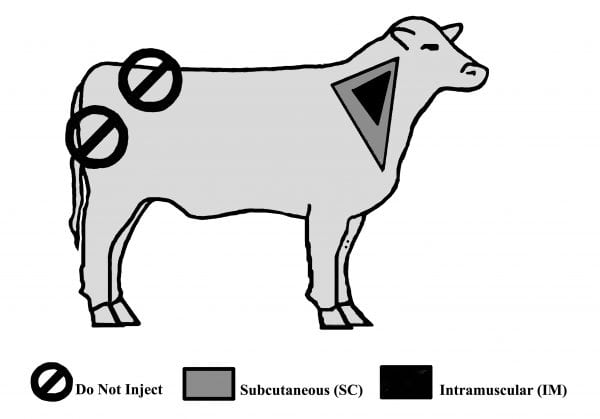
Credit: www.aces.edu
Expert Recommendations
To maintain herd health, cattle should be vaccinated annually based on disease risk and exposure levels. Vaccines are crucial to protect cattle from various diseases and ensure herd well-being. Consult with a veterinarian for expert recommendations on the appropriate vaccination schedule for your cattle.
| Expert Recommendations: |
| Veterinary Insights on Cattle Vaccination |
State-specific Vaccination Guidelines
Cattle should be vaccinated based on state-specific guidelines, considering the risk of exposure and disease prevalence. Most vaccines for livestock should be administered annually, providing added insurance for cattle producers to protect their herds from various diseases. The vaccination protocols for beef cattle may include vaccinations for diseases such as rotavirus, coronavirus, and E.
coli.
| Yearly Vaccine Requirements for Cattle in Texas: |
| Core vaccines are recommended for every herd, while others are used in specific higher risk situations. |
| Vaccines are selected based on exposure risk, disease prevalence, and cost considerations. |
| Most livestock vaccines should be administered on an annual basis for effective protection. |
| Vaccines provide added insurance for cattle producers against various diseases. |
| Factors like disease exposure likelihood and unprotected risk influence vaccination decisions. |
| Rotavirus, coronavirus, and E. coli vaccines should be given to replacement heifers twice. |
| Mature cows and bulls are generally vaccinated twice a year for optimal protection. |
Future Trends In Cattle Vaccination
How Often Do Cattle Need to Be Vaccinated depends on several factors. The future trends in cattle vaccination are evolving with advancements in cattle vaccines. These advancements may lead to potential changes in vaccination strategies. Vaccines are chosen based on the risk of exposure, disease prevalence, and cost. Most livestock vaccines should be administered annually. Vaccines provide added insurance for cattle producers to protect their herds from various diseases. It’s essential to consider the likelihood of disease exposure and the risk of unprotected exposure when determining the need for vaccination. Additionally, with each vaccination and booster, the goal is to provide the necessary protection by triggering the immune system to recognize the disease. Therefore, the frequency of cattle vaccination may vary based on these considerations.
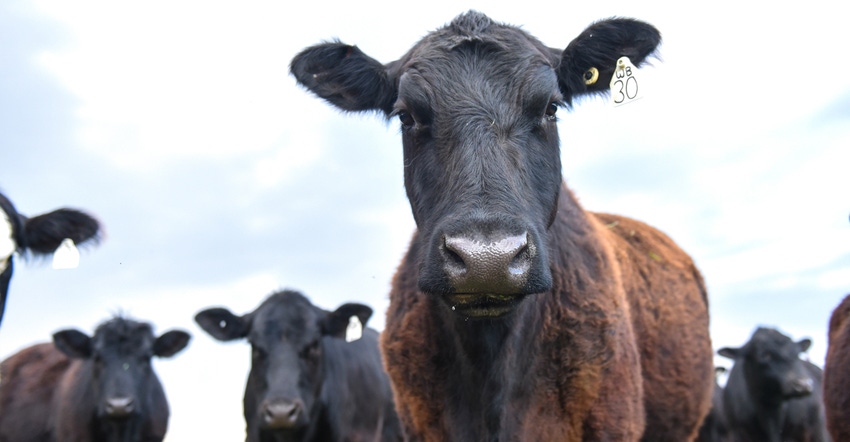
Credit: www.farmprogress.com
Frequently Asked Questions
Should Cattle Be Vaccinated Every Year?
Cattle should be vaccinated annually to protect them from common diseases and mitigate risks. Vaccines are chosen based on exposure risk and disease prevalence.
How Often Do You Give Cattle Shots?
Cattle should be vaccinated annually, with vaccines chosen based on the likelihood of exposure to diseases and the cost of the disease. Some vaccines are recommended for every herd, while others are used in specific higher risk situations. It’s important to vaccinate to protect the herd from diseases.
Vaccination protocols may vary for different diseases.
Do Cows Need To Be Vaccinated?
Cows should be vaccinated annually to protect against diseases and maintain herd health.
What Are The Vaccination Protocols For Beef Cattle?
Beef cattle should receive core vaccines annually, while others are used in specific high-risk situations. Vaccines are chosen based on disease risk, prevalence, and cost. For example, Rotavirus, coronavirus, and E. coli—Scours vaccines should be given to replacement heifers twice before calving.
Mature cows and bulls should be vaccinated twice a year for optimal protection.
Conclusion
Vaccinating cattle is crucial to protect them from diseases and ensure their overall health. The frequency of vaccinations should be determined based on the specific needs and risks associated with each herd. By following recommended vaccination schedules, cattle producers can safeguard their herds and contribute to the well-being of their livestock.
Also Worth Reading:
- How Do You Connect Cattle Panels Together: Expert Tips
- Best Cattle Feed : Top Picks for Healthy Cows
- Best Way to Load Cattle in a Stock Trailer: Expert Tips
- Cattle Problem in Australia: Urgent Solutions
- Discover the Ultimate Best Cattle Feed Formula
- How are Farm Cows Killed : Unveiling the Slaughter Process
- How Do Cows Know Not to Cross Cattle Guards : The Surprising Science
- How Do You Know If Baby Has Cows Milk Intolerance: Symptoms and Diagnosis.
- How Do You Know If Cows are Pregnant : A Comprehensive Guide
- How Good Can Cows Smell : Unveiling Their Sensory Superpower

